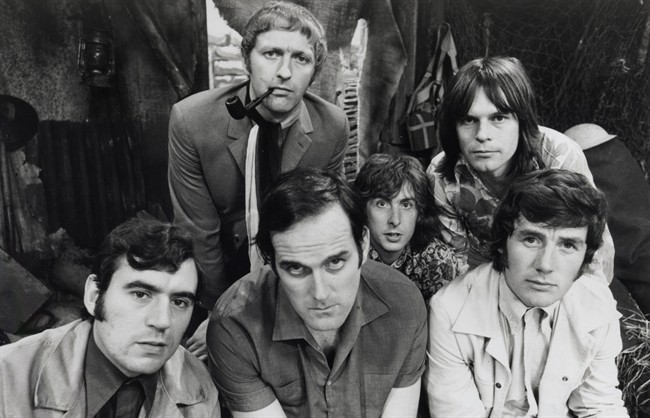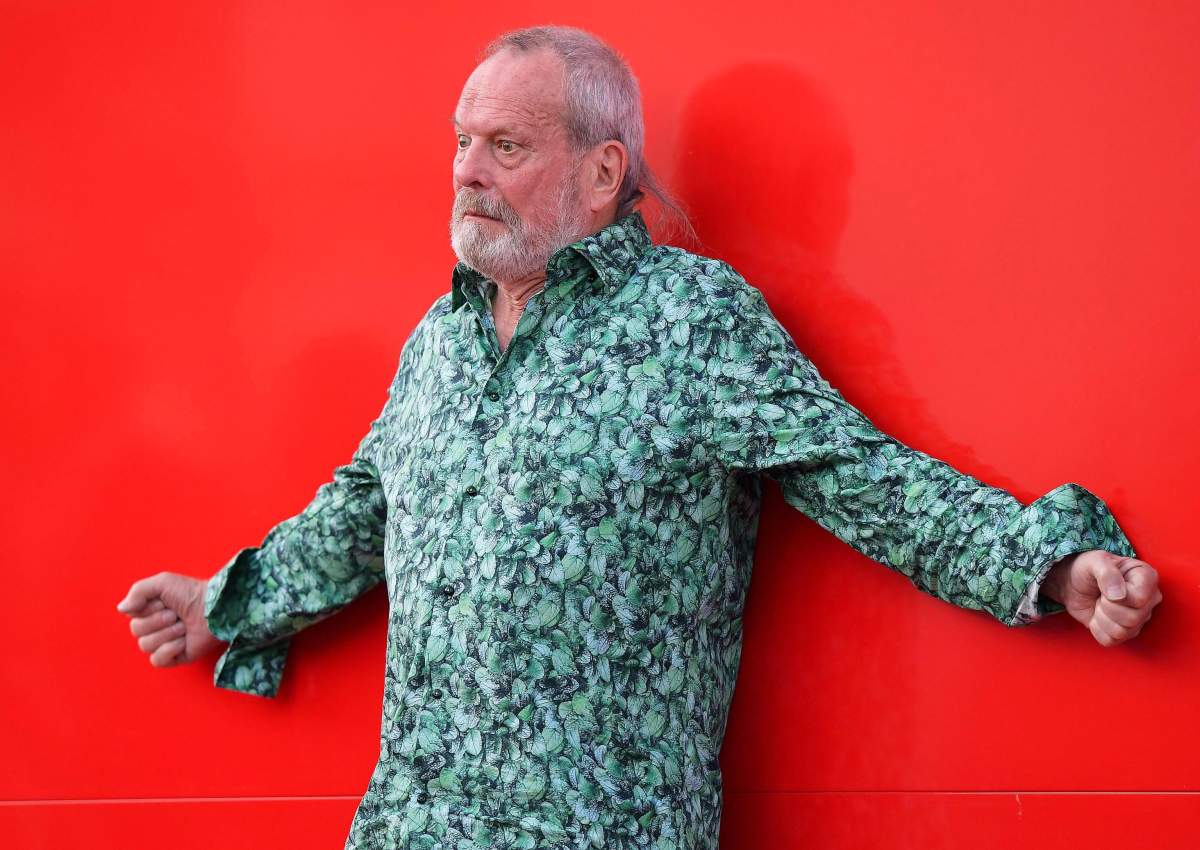During an interview published last Saturday, American-born director Terry Gilliam had some things to get off his mind about the #MeToo movement, Harvey Weinstein, and how he believes that white males are “blamed for everything” nowadays.

Though the interview was intended to promote his latest film, The Man Who Killed Don Quixote, the Monty Python alum insisted he discuss something else with the Independent reporter as he was “bored” of speaking about the Adam Driver-led flick.
Wait, There’s More: Harvey Weinstein trial — prosecuting a celebrity in the #MeToo era

The #MeToo movement kicked off in 2006 thanks to civil rights activist Tarana Burke, however, it gained new life in Oct. 2017 after several accusations of sexual misconduct were levied against Weinstein — the disgraced film producer.
The resurgence, which was inspired by actress Alyssa Milano, resulted in millions of women writing “Me too” or “#MeToo” on social media platforms insinuating that they too had been sexually assaulted in the past.
“If you’ve been sexually harassed or assaulted write ‘me too’ as a reply to this tweet,” she tweeted on Oct. 15 2017.
The hashtag quickly went viral, launching a media frenzy and ultimately opening the door for any unspoken sexual assault victims to come forward without being judged or harrassed.

Get daily National news
Expanding on his opinion about the #MeToo movement, Gilliam, 79, said, “We’re living in a time where there’s always somebody responsible for your failures, and I don’t like this.”
He continued: “I really feel there were a lot of people, decent people, or mildly irritating people, who were getting hammered. That’s wrong. I don’t like mob mentality. These were ambitious adults.”
Gilliam used Weinstein, 67, as an example of someone who was “hammered” by the social activist movement, saying that despite being a “pioneer” of female-led films, his work as a producer is now “forgotten” as a result of the sexual allegations made against him.

Following the allegations against him going public, Weinstein’s popularity and credibilty began to decline in the court of public opinion.
While Gilliam suggested that Weinstein’s purported behaviour was an act of “power” within the industry, he also insinuated that the alleged victims, too, had a choice in the matter, by deciding whether or not to engage in sexual activities with the producer.
“Hollywood is full of very ambitious people who are adults and they make choices,” he said. “We all make choices, and I could tell you who did make the choice and who didn’t.”
Though Gilliam seemed to play devil’s advocate by subtly defending Weinstein, he admitted his distaste for him, too, revealing that the two once worked together on a film, suggesting he also witnessed an example of Weinstein’s purported abuse.
“I hate Harvey,” he said. “I had to work with him and I know the abuse. There are many victims in Harvey’s life and I feel sympathy for them.”

To back up his beliefs, Gilliam recounted the time a “very well-known actress” allegedly came up to him and asked, “‘What do I have to do to get in your film, Terry?'”
Though the comic admitted that as a white male he was born privileged, he launched into a race-tinged defence.
“I understand that men have had more power longer,” Gilliam said, “but I’m tired, as a white male, of being blamed for everything that is wrong with the world.”

I can’t stand the simplistic, tribalistic behaviour that we’re going through at the moment,” said Gilliam. “I’m talking about being a man accused of all the wrong in the world because I’m white-skinned.
“I better not be a man. I better not be white,” Gilliam continued. “Since I don’t find men sexually attractive, I’ve got to be a lesbian. What else can I be?” he continued.

Though he has continiously denied any and all accusations, claiming that all sexual interactions with his accusers were consensual, Weinstein was faced with four counts of rape and sexual assault on Monday.
The charges were filed following the events of Gilliam’s interview — which can be read in full here.








Comments
Want to discuss? Please read our Commenting Policy first.